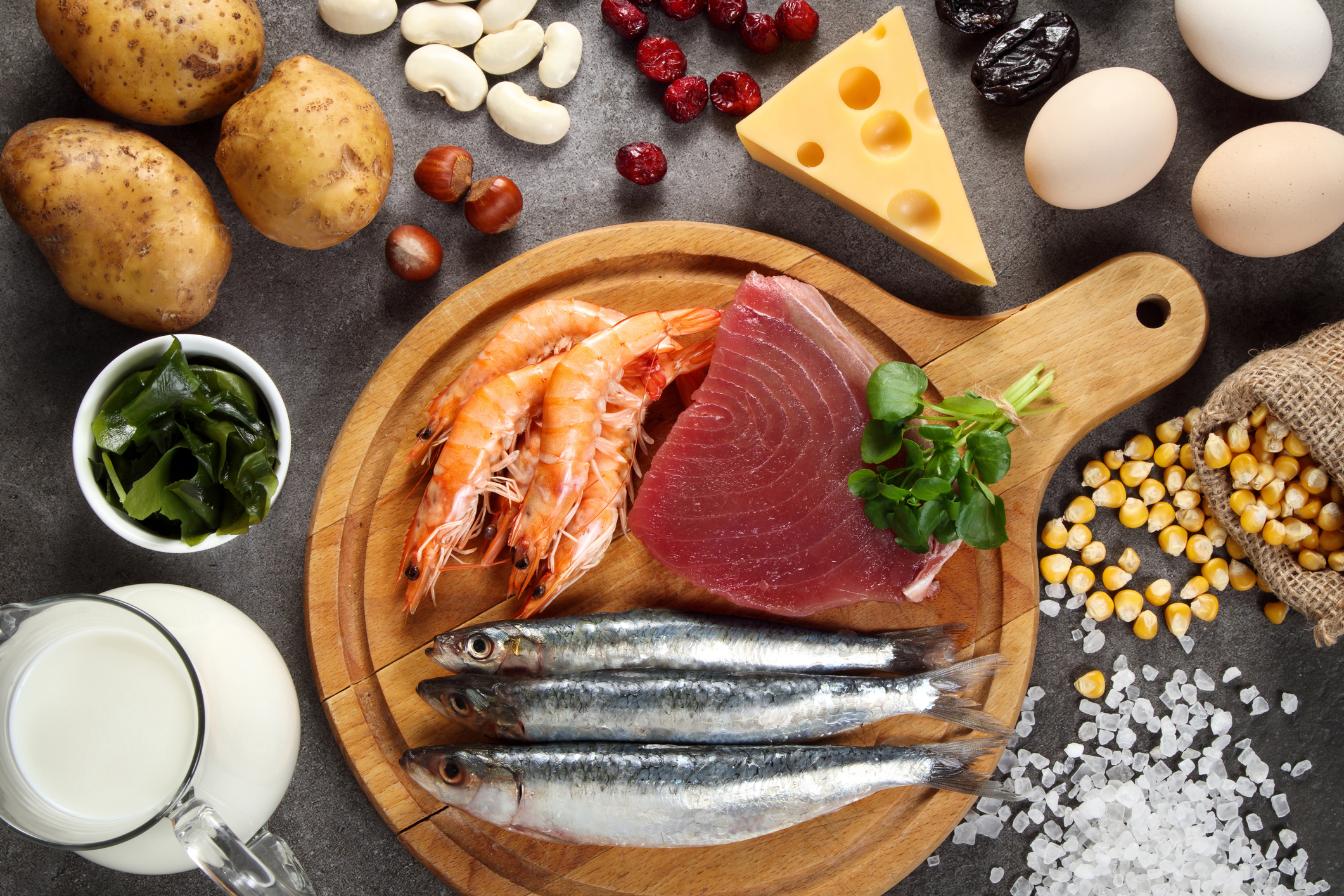NCD Watch
Iodine Status among the Local Population
15 August 2023 (Tue)

Iodine is an essential micronutrient required for the production of thyroid hormones to support growth and development. Persistent low iodine intake will lead to significant health consequences across the age spectrum. Depending on age and physiological status, the recommended nutrient intake for iodine ranges from 90 micrograms per day for children 0 to 59 months to 150 micrograms per day for adults. During pregnancy and lactating, women’s iodine requirement increase substantially to 250 micrograms per day.
The Department of Health (DH) conducted the Population Health Survey (PHS) 2020-22 to collect pertinent information on the patterns of health status and health-related issues of the local general population, including iodine nutrition and status. Results showed that the iodine intake was “insufficient” with “mild iodine deficiency status” for persons aged 35 or above, while persons aged 15–34 was classified as having “adequate” iodine intake according to the epidemiological criteria set by the World Health Organization.
The abovementioned findings of the PHS 2020-22 are consistent with the previous Iodine Survey conducted in 2019. The survey at that time revealed that the iodine status of school-children was considered adequate, while that of pregnant and lactating women was “insufficient” (except pregnant women taking iodine supplements at an average daily intake of equal to or above 150 micrograms per day).
The Working Group on Prevention of Iodine Deficiency Disorders recommends members of the public to increase iodine intake to maintain adequate iodine nutrition by consuming iodine-rich foods and use iodised salt instead of ordinary table salt. For pregnant and lactating women, they should take iodine-containing supplements containing at least 150 micrograms per day.
The DH will continue to monitor the iodine status among local population, enhance public awareness about the importance of healthy eating against iodine deficiency and work in close partnership with community partners to improve population’s iodine nutrition.
Source: NCD Watch August 2023This link will open in a new window






































